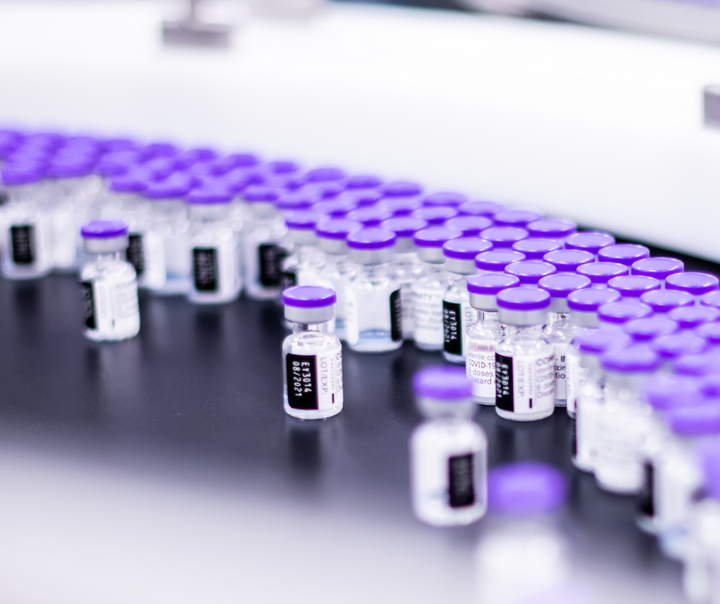KUALA LUMPUR, Dec 7 — Singapore procured Covid-19 vaccines ahead of Malaysia because the wealthy city-state placed bets on vaccine candidates before published data showed they worked, Khairy Jamaluddin said.
Then-Vaccine Minister Khairy Jamaluddin told Parliament’s Public Accounts Committee (PAC), in a meeting on January 5, that while Singapore allocated a similar fund size of over SGD1 billion (RM3.09 billion) as Malaysia, Singapore’s vaccine coverage was only for a population of about 5.4 million, about a sixth of Malaysia’s 32 million population.
Khairy said this gave Singapore room to sign advanced purchase agreements with vaccine developers early in the pandemic when most Covid-19 vaccines were still undergoing clinical trials.
“At the time, data from clinical trial results were not published in full yet. We had to make a purchase decision where we do not have detailed, complete information which is the clinical information of the vaccine.
“In the case of a regular procurement, for regular vaccines, we already have all the clinical information and it can be assessed by the National Pharmaceutical Regulatory Agency (NPRA) — whether it’s effective, safe and so on. In this case, we only had interim results.
“Some were published in peer reviews, some only came out as press statements. This meant that we were not able to fully obtain clinical information as we normally do for regular procurement of pharmaceutical products,” Khairy said, based on transcripts of the meeting published in the PAC’s Covid-19 Vaccine Procurement report tabled in Parliament on December 1.
“I would like to remind the PAC that, in a situation where we do not have complete clinical information (of the product), we are at a disadvantage because our financial position is not very big and we cannot make advanced purchases like other countries,” Khairy added. “Unfortunately, we do not have the luxury to do that.”
According to The Straits Times, Singapore signed advanced purchase agreements with Moderna, Pfizer-BioNTech, and Sinovac for their Covid-19 vaccines at a premium before clinical trial results were out. Such deals involve multiple payments upon reaching milestones, but if the vaccines don’t end up working, the money paid isn’t reimbursed.
Singapore was the first Asian country to receive Pfizer-BioNTech’s mRNA vaccine in December 2020, before Malaysia rolled out coronavirus shots in February this year.
Khairy later told the PAC in a separate meeting on July 27 that the Ministry of Health (MOH) discharged their duties properly in evaluating the data before the government made the decision to purchase the vaccines.
“Some countries got it early because I think they were willing to make a — I would say a bet on these vaccines without seeing the interim clinical data,” he said.
“So, I would say that perhaps we were a bit cautious in terms of making an investment in something that was not proven yet and I think that decision, of course, resulted in us starting a bit later. But that was a call by the MOH to say we needed more data before we decided to purchase the vaccine,” Khairy said, adding that Malaysia received its first Pfizer shipment around the same time as South Korea, Japan, and Australia.
Contrary to Khairy’s statement, however, Singapore had access to clinical data on Covid-19 vaccines pre-publication.
According to The Straits Times, Singapore’s early agreements with vaccine makers allowed them to have access to clinical data before they were published that included “early data in mice, hamsters, ferrets, and for some, in primates.” Initial data also comprised different immune markers, antibody levels, and T cell activity.
Other countries like the United States, the United Kingdom, and Israel were also quick to place multiple bets by signing agreements with vaccine manufacturers as early as May 2020. Malaysia’s first Covid-19 vaccine deal was signed in November last year.








